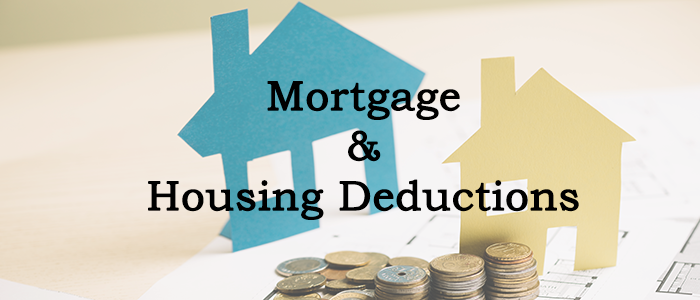
Mortgage Insurance Premiums
Mortgage Insurance Premiums
Mortgage insurance in the simplest of terms is the backup plan for a lender. In the unfortunate event that the borrower is unable to repay the loan, the lender can cash in the mortgage premium and recover the losses. However, there is more to it than what meets the eye. Here are some more details of this rather intriguing insurance and why you should opt for it.
What is it?
Statistics reveal that most home buyers pay less than 20% of the entire property cost as up front or commonly known as down payment. This leaves the lender at a bit of a disadvantage, should the borrower default due to some reason or the other. To overcome such situations, the Mortgage insurance is in place. One can usually find this insurance type on USDA and FHA type of loans. The insurance primarily reduces the risk that a lender takes by providing you with a loan.
This even takes care of certain situations where a borrower might not necessarily be eligible to get a loan of that magnitude. However, this does come at a cost and you must bear that cost. This is like an insurance policy for your mortgage. Since insurance has premiums, you need to pay for the same. These premiums also increase the cost of the overall loan. Most of the times, this insurance premium becomes a part of your monthly installments, thereby reducing its impact.
Does it qualify for Deductions?
As per the PATH or Protecting Americans from Tax Hikes act, you can seek for deductions for mortgage insurance premiums. The Congress put an end to the clause in the year 2015, but the same was extended for a year and was valid through 2016. This deduction is one of those ones that the Congress takes a close look at annually and takes a call whether or not to extend the benefits. The deduction is applicable to families with medium income and eventually nullifies as the earning bracket increases.
Which all loans do qualify for the deduction?
Assuming, that the Congress would extend the benefits of the PATH act, any mortgage loans taken on or after 1st January 2007 qualify for the deduction. The deductions are applicable to first or second home or even home acquisition debt. One must not ideally use the second home for rent purposes. To qualify for the deduction, one must not earn any profits out of the second home. Any sort of refinance loans for the houses also qualifies for the mortgage insurance and its deductions.
Income Bracket
As mentioned earlier, the deduction is not applicable to anyone and everyone. Single tax payers with adjusted gross income of $109,000 and married filing separately tax payers with AGI of $54,500 cannot apply for this deduction. It is applicable for single tax payers with AGI less than $100,000 and $50,000 for tax payers who are married but file taxes separately. If you are not sure about your AGI, take a look at line 37 on your Form 1040.
How to claim the amount?
The amount paid towards mortgage insurance premium is present in Form 1098. As of now, there are no restrictions on the premium amount that you can claim for deduction. This essentially means, you can deduct the entire mortgage insurance premium. The insurance amount paid is itemized and must be mentioned in line 13 of Schedule A. As is the case with everything else, if you have opted for standard deductions, you cannot claim mortgage insurance premiums. But if the Congress doesn’t renew this clause, it might be worthwhile to relook into your mortgage insurance premiums.


Recent Comments